During the past few years, the fashion industry has been causing a lot of negative impacts on the environment and society. This is mainly because of Fast Fashion. Fast Fashion may be described as a process that involves the production of large quantities of clothes within a short period using chemicals.
On the contrary, sustainable fashion, otherwise called slow fashion, employs eco-friendly and sustainable methods to produce garments. Sustainable fashion promotes the usage of eco-friendly, biodegradable, organic, and natural fabrics in the production process. Therefore, sustainable fashion is considered an effective strategy to produce environmentally friendly and viable garments.
Let’s look into the details of what sustainable garment production involves.
Sustainable garments are produced using materials that can be recycled and reused. The fabric incorporated for sustainable fashion is chemical-free and obtained from natural sources. Some of the examples of eco-friendly fabrics and their benefits are as follows.
- Organic Cotton: Organic cotton is grown without using synthetic fertilizers, pesticides, or chemicals. This fabric is breathable, stretchy, and soft. It’s quite often used in the making of ethnic wear for men.
- Hemp: Hemp is a carbon-negative material and is one of the best eco-friendly fabrics around. Hemp is more advantageous because it is naturally anti-microbial and also offers sun protection. Since it is harder to cultivate, hemp is slightly expensive compared to other sustainable fabrics.
- Organic linen: It is similar to hemp in a way that it’s also a carbon-negative material. Organic linen requires very little maintenance and is biodegradable. It is soft, strong, and light. It is naturally moth-resistant, thereby being more durable compared to synthetic fibers.
- Cork: Cork is a popular choice for producing vegan shoes and vegan handbags. Cork is very crucial for maintaining the balance in the ecosystem because it supports animal and plant species lives.
Sustainable fashion does not involve the usage of chemicals or any other processes that are harmful to workers as well. It employs ethical production procedures that emphasize more on the benefits for the environment, society, and workers.
Benefits of Ethical Production:
- It involves procedures where there’s no exposure to harmful chemicals, thereby reducing the risk for workers.
- It involves procedures that have a positive impact on the environment. For example, these methods consume less water and generate less waste. Hence, it keeps waste generation minimal and saves water.
- It doesn’t use chemicals. Hence, there will be no problem of waste chemicals being dumped into oceans or lakes. Water and soil pollution can be prevented.
- It involves natural dyeing and printing procedures. Unlike synthetic dyes, natural dyes are biodegradable and non-hazardous.
- It focuses more on quality rather than quantity. Ethical production results in the production of high-quality and sturdy clothing. Since it involves the use of natural raw materials, the garments tend to be more durable and long-lasting.
Sustainable fashion is not just beneficial to the environment and society, but also advantageous to consumers. It is more durable, long-lasting, cost-effective, and quality-oriented. This Diwali, make a sustainable choice and elevate your ethnic wear with a slight touch of sustainability!
If you are looking for elegant and sober ethnic wear for men online, make sure to join hands with Brown Living.
Check out our latest curation of sustainable ethnic wear for men for all occasions here:

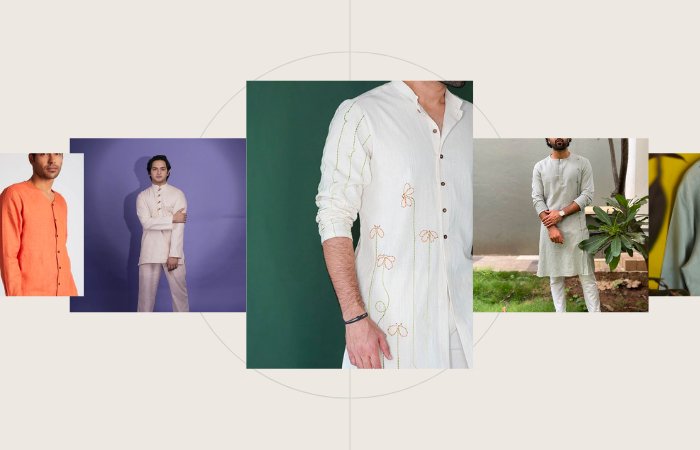























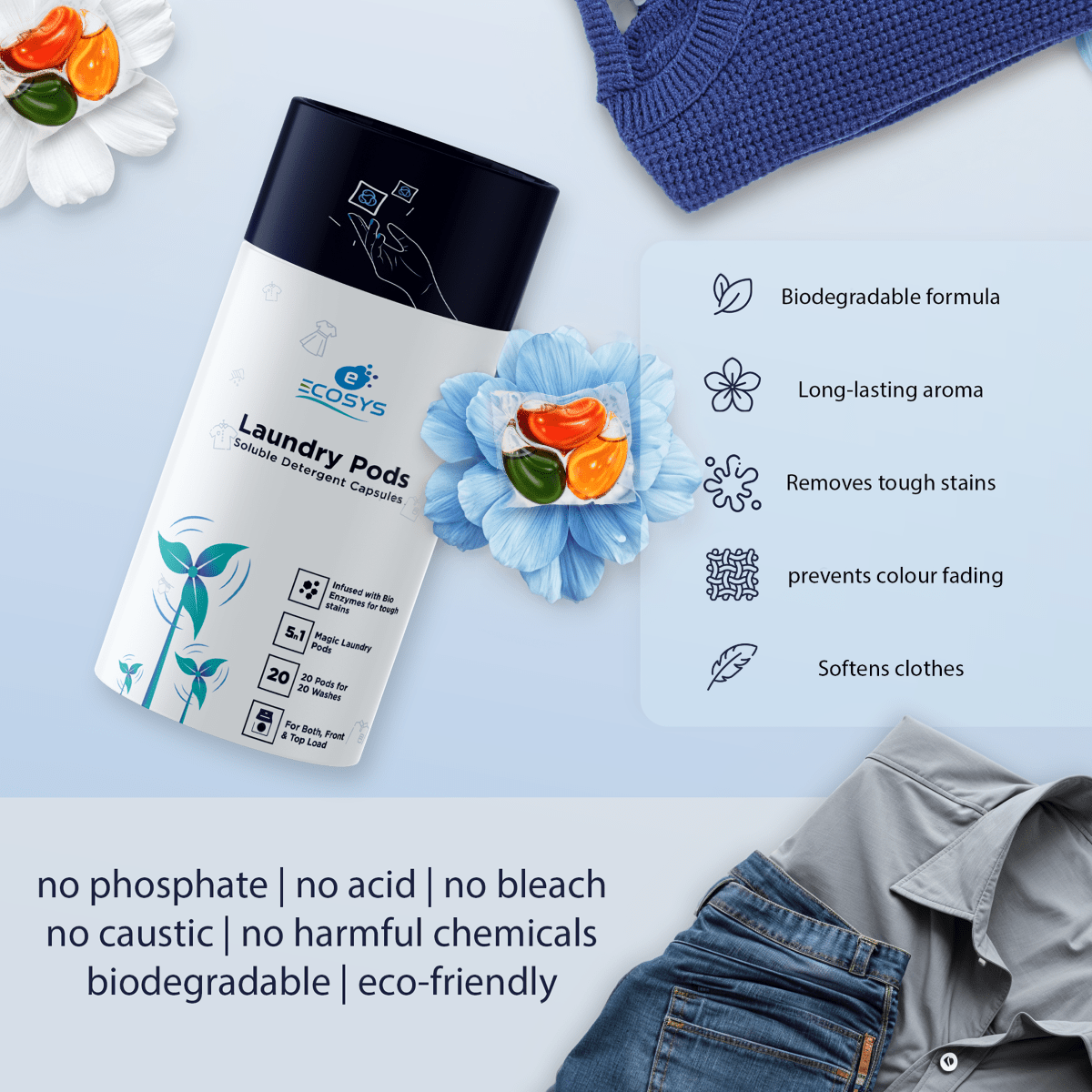

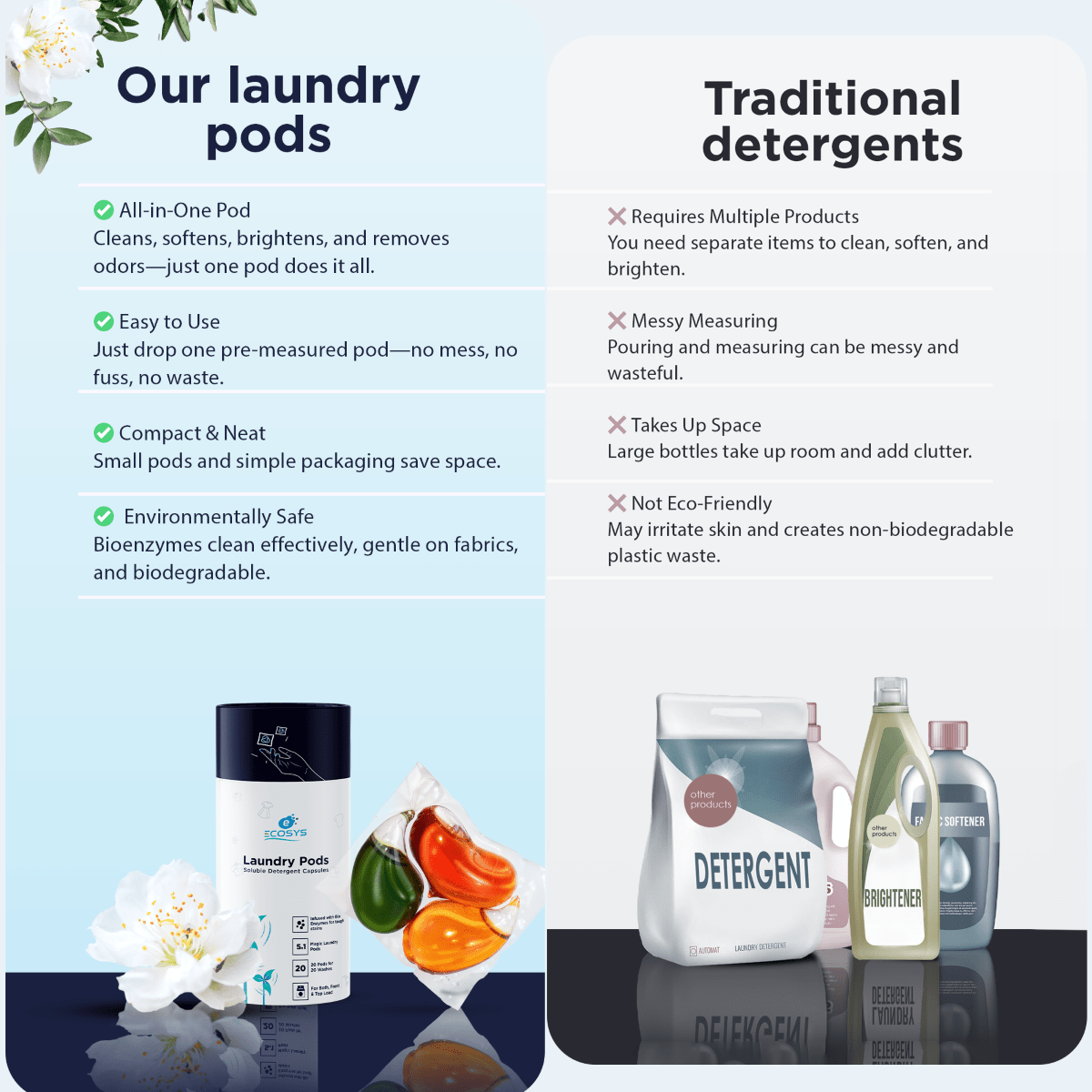



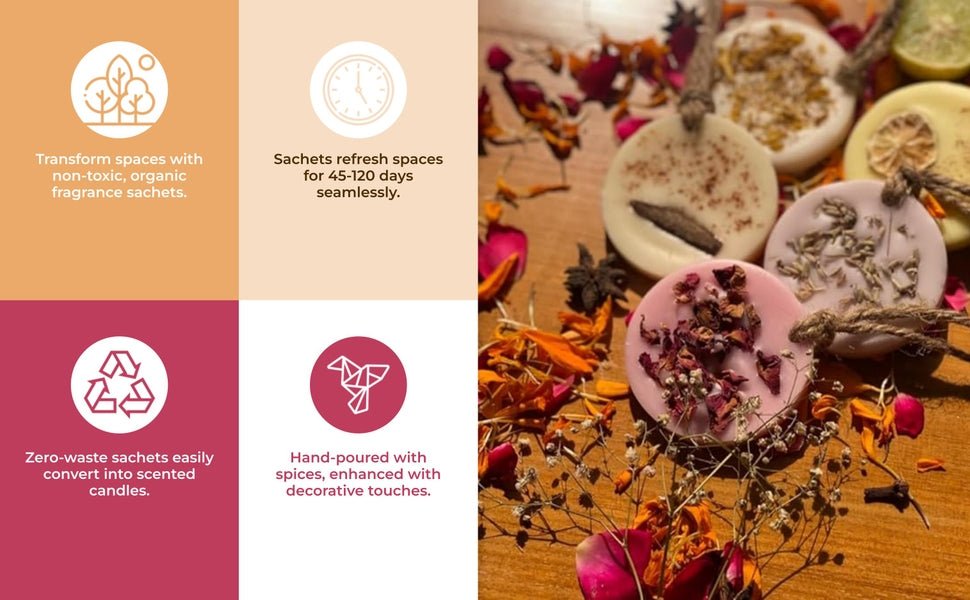





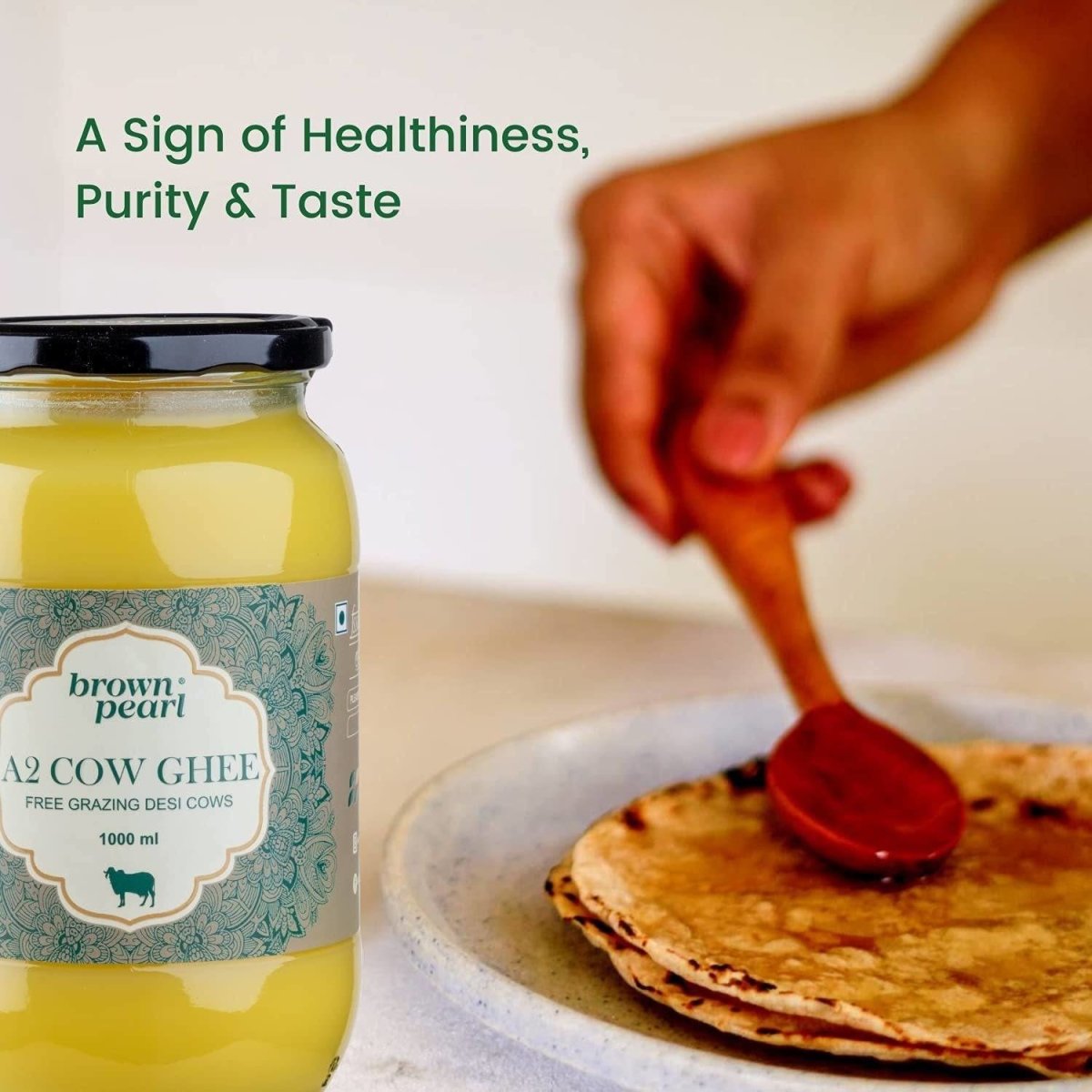
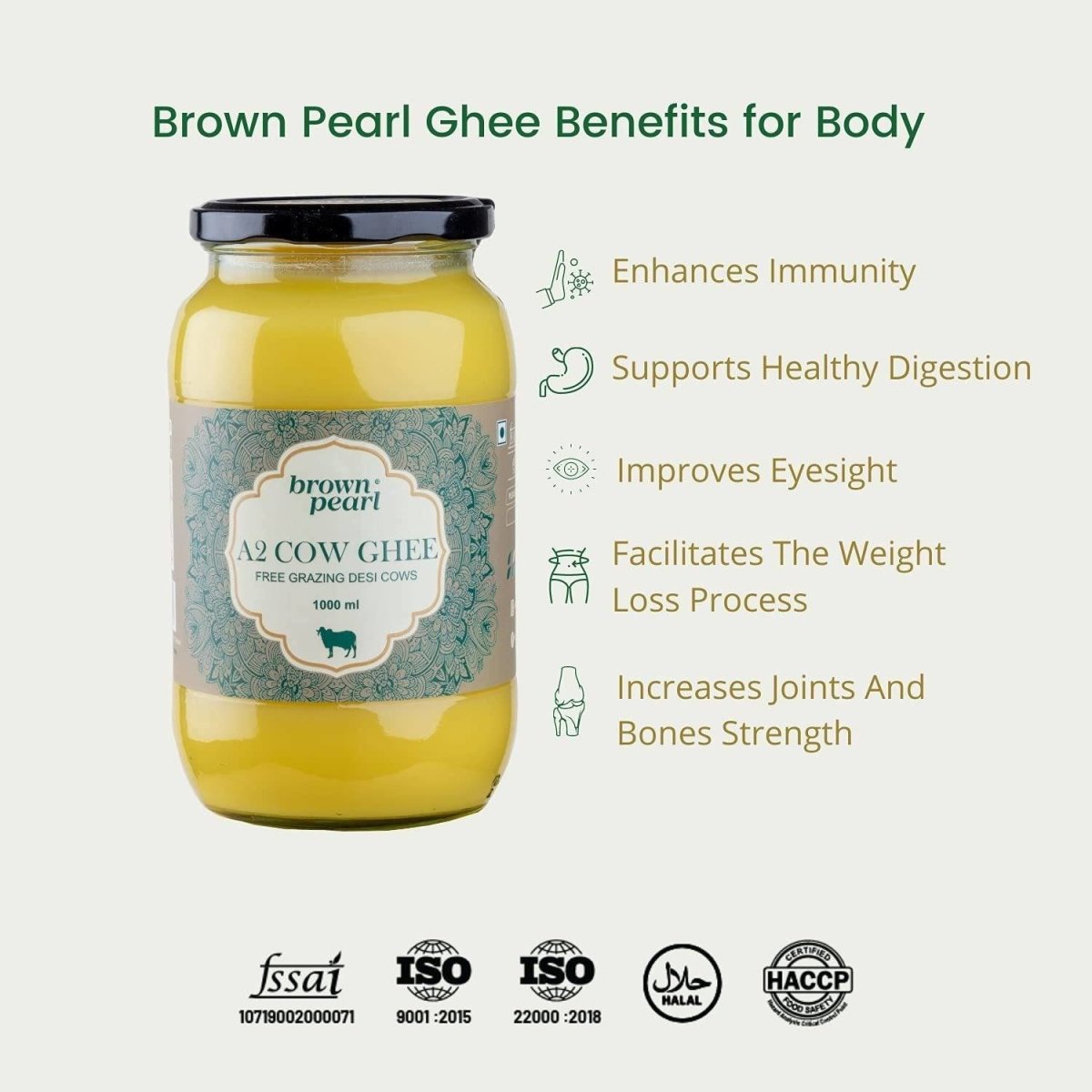




Share:
Top 7 Eco-friendly Home Decor Ideas for Diwali 2023
Top 7 Eco-friendly Home Decor Ideas for Diwali 2023